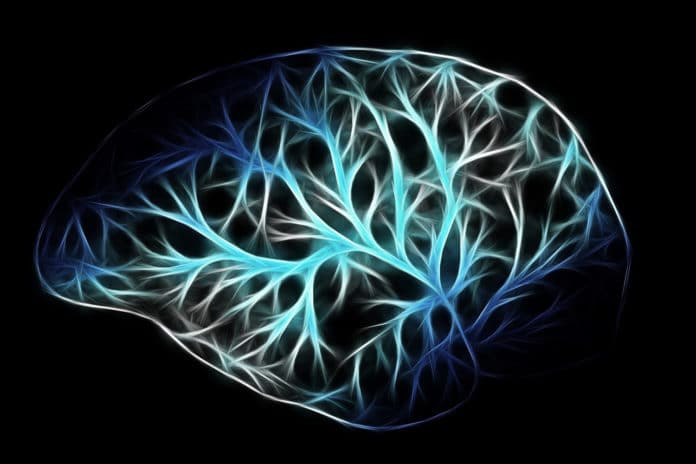Scientists at Bristol have identified specific drug targets within the neural circuits that encode memories. This discovery could lead to significant advances in the treatment of a broad spectrum of brain disorders.
Scientists identified specific receptors for the neurotransmitter acetylcholine that re-route information flowing through memory circuits in the hippocampus.
Acetylcholine is released during learning. It is also vital for the acquisition of new memories.
Until now, the only effective treatment for cognitive or memory impairment symptoms is using drugs that broadly boost Acetylcholine. However, it has its side effects.
This discovery leads to significant advances in the treatment of a broad spectrum of brain disorders. It also has the potential to provide positive effects while avoiding the negative ones is promising.
Lead author, Professor Jack Mellor, from the University of Bristol‘s Centre for Synaptic Plasticity, said: “These findings are about the fundamental processes that occur in the brain during the encoding of memory and how they may be regulated by brain state or drugs targeting specific receptor proteins. In the long term, discovering these specific targets opens up avenues and opportunities for the development of new treatments for the symptoms of Alzheimer’s disease and other conditions with prominent cognitive impairments. The academic-industry partnership is important for these discoveries, and we hope to continue working together on these projects.”
Dr. Miles Congreve, Chief Scientific Officer at Sosei Heptares, added: “These important studies have helped us to design and select new, exquisitely targeted therapeutic agents that mimic the effects of Acetylcholine at specific muscarinic receptors, without triggering the unwanted side effects of earlier and less-well targeted treatments. This approach has the exciting potential to improve memory and cognitive function in patients with Alzheimer’s and other neurological diseases.”
“It is fascinating how the brain prioritizes different bits of information, working out what is important to encode in memory and what can be discarded. We know there must be mechanisms to pull out the important things, but we know very little about how these processes work. Our future program of work aims to reveal how the brain does this using Acetylcholine in tandem with other neurotransmitters such as dopamine, serotonin, and noradrenaline.”
Journal Reference:
- Palacios-Filardo, J., Udakis, M., Brown, G.A. et al. Acetylcholine prioritizes direct synaptic inputs from the entorhinal cortex to CA1 by differential modulation of feedforward inhibitory circuits. Nat Commun 12, 5475 (2021). DOI: 10.1038/s41467-021-25280-5
